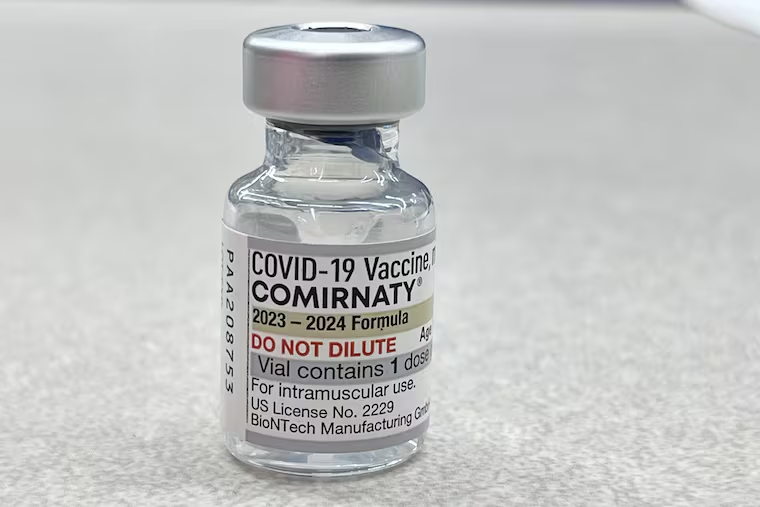Obamacare rule changes may reduce enrollment periods and coverage options in Pennie and ACA marketplaces.
Pennsylvania residents could face significant changes in health insurance access and affordability as state officials warn of upcoming alterations to its health care marketplace, Pennie. The potential for dramatic price hikes—reportedly as high as four times current premiums—looms on the horizon as Congress approaches a crucial spring deadline regarding the renewal of tax credits essential for many consumers.
The impending expiration of enhanced premium tax credits, integral to the Affordable Care Act (ACA), could have far-reaching consequences. These tax credits enable many individuals enrolled in both state-run and federal marketplaces to afford their insurance premiums. If renewed, these credits will continue to ensure that enrollees do not pay more than 8.5% of their income on premiums; however, without legislative action, higher costs could pose challenges to individuals and families in Pennsylvania. Reports suggest that if the credits are not extended, the average cost of marketplace plans in the state could rise by approximately 82%, affecting affordability for numerous residents.
In addition to potential premium increases, the Trump administration has proposed several substantive changes to the insurance marketplaces aimed at improving program integrity and financial control. The new rules would shorten the enrollment period by 30 days, moving it from 75 to just 45 days, which is likely to strain the ability of Pennie to provide comprehensive one-on-one enrollment assistance, particularly for those who may require additional guidance.
Moreover, the proposals include the elimination of automatic plan renewals, which have existed since the inception of the marketplaces in 2013. This shift would require all individuals, including current beneficiaries, to reapply for coverage each year. The administration argues that this would ensure that individuals receive the correct amount of tax credits based on their income, thereby minimizing improper enrollments.
Significantly, the changes would also withdraw marketplace eligibility for individuals under the Deferred Action for Childhood Arrivals (DACA) program. This move could prevent around 100,000 individuals in Pennsylvania—previously eligible for marketplace plans—from accessing necessary health care coverage.
The leadership at Pennie contends that these changes could severely restrict the state’s capacity to adapt its health insurance offerings to meet the specific needs of its residents. Consequently, the upcoming months will be critical as stakeholders evaluate these proposed changes and their potential implications on Pennsylvania’s health insurance landscape. Public commentary on the proposed rules remains open until April 11, providing an avenue for community feedback and concerns.
As these developments unfold, Pennsylvania’s insurance marketplace figures to become a focal point for ongoing debates about health care accessibility and affordability in the United States.







